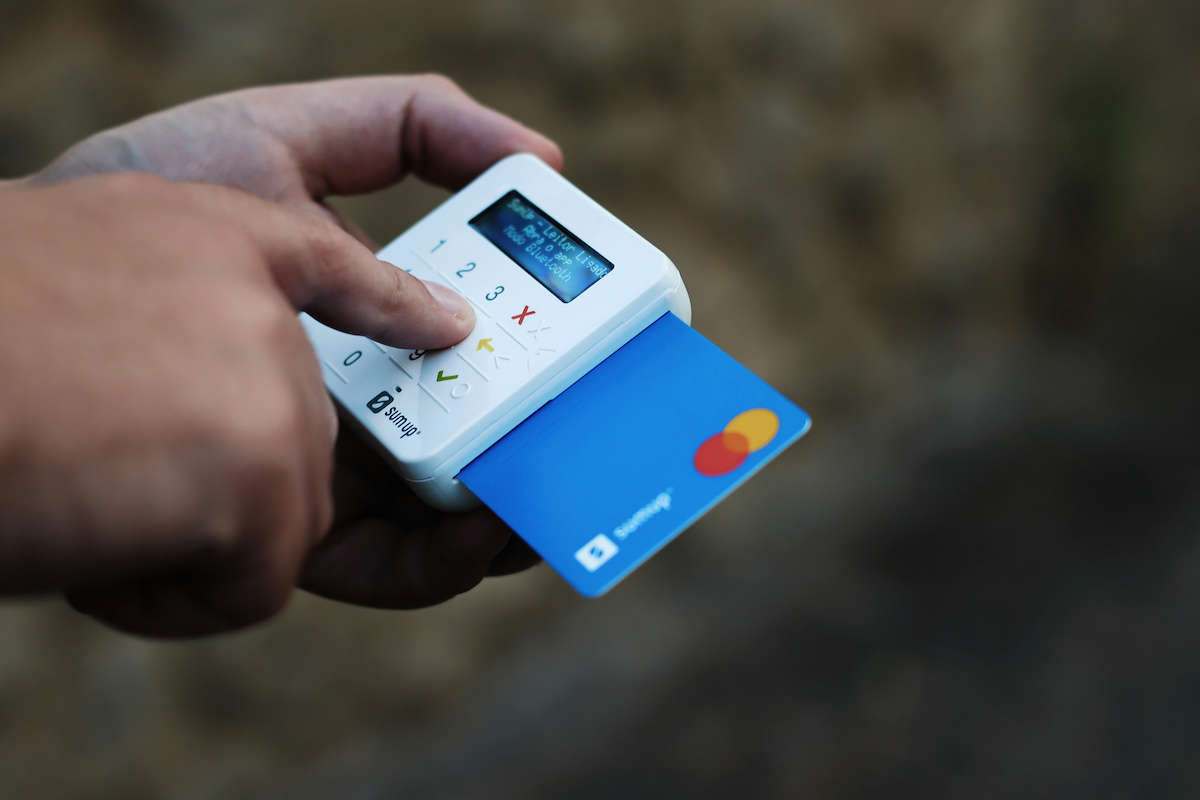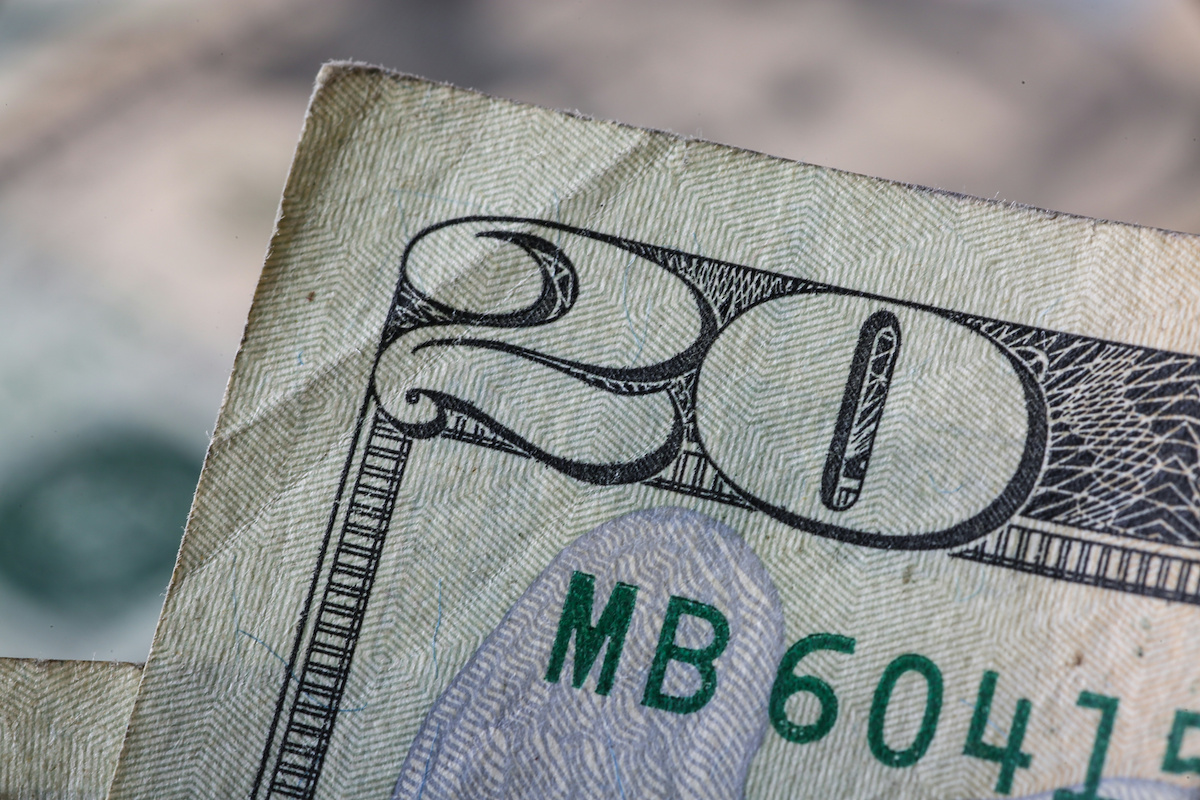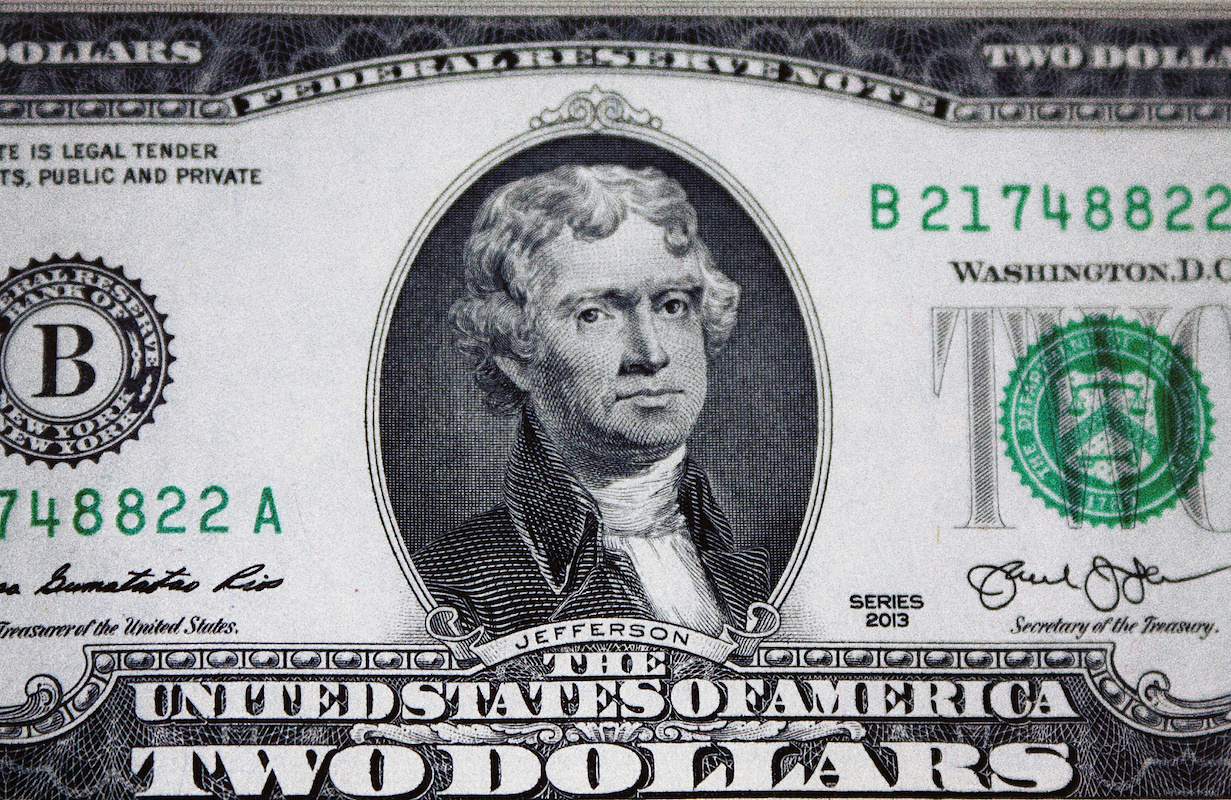
Kudos has partnered with CardRatings and Red Ventures for our coverage of credit card products. Kudos, CardRatings, and Red Ventures may receive a commission from card issuers. Kudos may receive commission from card issuers. Some of the card offers that appear on Kudos are from advertisers and may impact how and where card products appear on the site. Kudos tries to include as many card companies and offers as we are aware of, including offers from issuers that don't pay us, but we may not cover all card companies or all available card offers. You don't have to use our links, but we're grateful when you do!
Does a Secured Credit Card Affect Your Credit Score?
July 1, 2025


Quick Answers
Yes, a secured credit card affects your credit score as issuers report your account activity and payment history to the major credit bureaus.
Consistent, on-time payments and maintaining a low balance can help establish or rebuild your credit history, positively influencing your score.
Conversely, late payments or high credit utilization on a secured card will negatively impact your credit score, just as with an unsecured card.
What Is a Secured Credit Card?
A secured credit card is a type of credit card that requires a refundable security deposit to open the account. This deposit serves as collateral for the lender, reducing their risk if you fail to make payments. Typically, your credit limit on a secured card will be equal to the amount of your deposit.
These cards are designed to help individuals build or rebuild their credit history. As you use the card and make payments, the issuer reports your activity to the major credit bureaus. Consistent, on-time payments can therefore help improve your credit score over time.
How a Secured Credit Card Can Affect Your Credit Score
A secured credit card directly impacts your credit score. By reporting your payment habits to major credit bureaus, it can be a powerful tool for building or rebuilding your financial standing.
Initial Inquiry and Account Opening: When you apply, the issuer may perform a hard inquiry, which can cause a small, temporary dip in your score. Once approved and your deposit is paid, a new credit account is added to your credit report.
Building Payment History: Your monthly payments are reported to the credit bureaus. Consistent, on-time payments are crucial, as payment history is the most significant factor in calculating your credit score. Each on-time payment helps establish a positive record.
Managing Credit Utilization: Your credit utilization ratio—the amount of credit you're using compared to your limit—is another key factor. Keeping your balance low relative to your security deposit-backed limit demonstrates responsible credit management and positively affects your score.
Increasing Credit Age: Over time, the secured card contributes to the average age of your credit accounts. A longer credit history is generally favorable, so keeping the account in good standing for an extended period is beneficial.
Graduation to Unsecured Status: After a period of responsible use, many issuers will refund your deposit and convert the account to a traditional unsecured card. This transition preserves the account's history and age, continuing its positive impact on your credit profile.
How Much Will a Secured Credit Card Affect Your Credit Score?
A secured credit card can be a powerful tool for building or rebuilding credit, but its impact depends entirely on how you manage it. Several key factors determine how much it will affect your credit score.
- Payment History: This is the most significant factor in your credit score. Consistently making on-time payments will demonstrate financial responsibility and positively impact your credit history over time.
- Credit Utilization Ratio: Your balance relative to your credit limit matters greatly. Aim to keep your usage low, ideally below 30%, to show lenders you aren't over-reliant on credit.
- Credit Mix and History Length: A secured card adds to your credit mix, which can be beneficial. Over time, it also helps increase the average age of your accounts, another positive scoring factor.
How You Can Avoid a Secured Credit Card Affecting Your Credit Score
Make On-Time Payments
The most critical step is to pay your bill on time every month. Lenders report payment activity to credit bureaus, and even one late payment can damage your score. Consider setting up automatic payments to ensure you never miss a due date and build a positive history.
Manage Your Credit Utilization
Keep your balance low relative to your credit limit. This is your credit utilization ratio, and experts recommend keeping this figure below 30%. A low ratio demonstrates responsible credit management and can help boost your score over time, showing lenders you aren't overextended.
Ways to Improve Your Credit Score
No matter your current standing, improving your credit score is always possible with consistent, positive financial habits. An expert guide for 2025 outlines several proven strategies you can start using today to build a stronger financial future.
- Monitor your credit reports. Regularly check your reports from all three major bureaus for inaccuracies or signs of identity theft. You can get free copies and should dispute any errors you find.
- Set up automatic payments. Your payment history is the single most important factor in your score, so automating payments ensures you never miss a due date.
- Lower your credit utilization ratio. Aim to use less than 30% of your available credit across all accounts. Paying down balances is the most direct way to improve this ratio.
- Become an authorized user. Being added to a credit card account belonging to someone with a strong payment history can help you benefit from their positive record.
- Diversify your credit mix. Lenders like to see that you can responsibly manage different types of credit, such as a mix of credit cards and installment loans like auto or student loans.
- Limit hard inquiries. Applying for too much new credit at once can temporarily lower your score, so space out your applications and only apply for credit when necessary.
The Bottom Line
Like any credit card, a secured card's usage is reported to credit bureaus. Consistent, on-time payments can positively affect your credit score, helping to build or repair your credit history.
Frequently Asked Questions
How quickly can a secured card improve my credit score?
With consistent on-time payments and low balance utilization, you could see a positive impact on your credit score within a few months of opening the account.
Does closing a secured credit card hurt my credit score?
Yes, it can. Closing the account reduces your overall available credit and can shorten your credit history's average age, both of which may lower your score.
Will a secured card look bad on my credit report?
No, credit reports generally do not differentiate between secured and unsecured cards. Lenders will see it as a standard credit card reflecting your payment history.

Supercharge Your Credit Cards
Experience smarter spending with Kudos and unlock more from your credit cards. Earn $20.00 when you sign up for Kudos with "GET20" and make an eligible Kudos Boost purchase.
Editorial Disclosure: Opinions expressed here are those of Kudos alone, not those of any bank, credit card issuer, hotel, airline, or other entity. This content has not been reviewed, approved or otherwise endorsed by any of the entities included within the post.



































